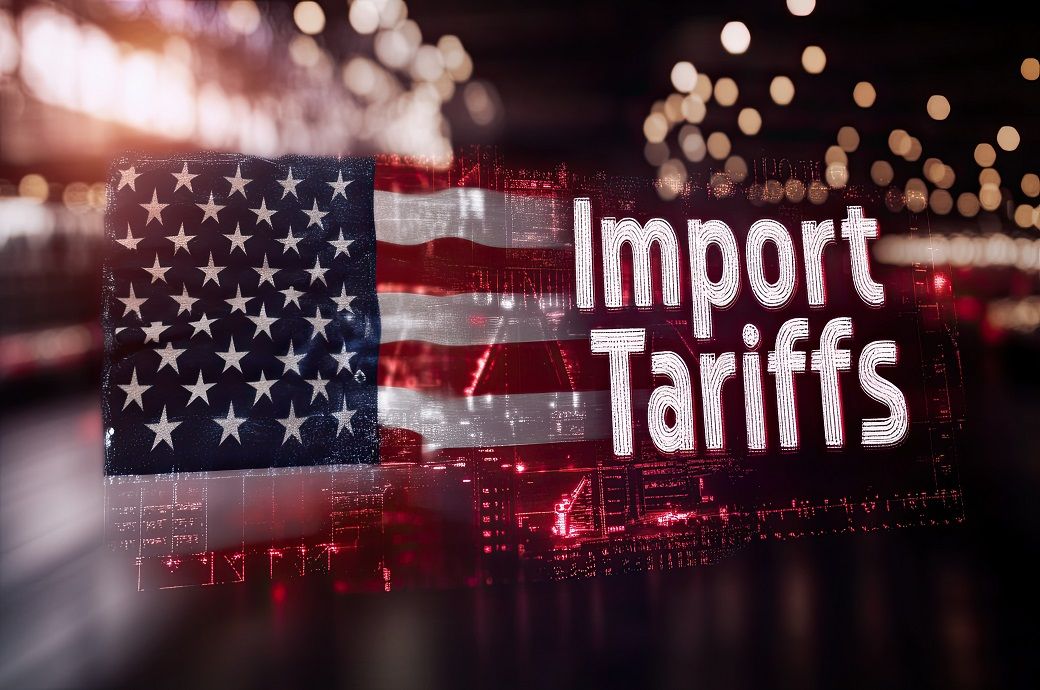
In the base case, it expects a wide range of selective tariffs and retaliatory measures that increase volatility, but do not derail the economy.
Under this scenario, it expects equities, bonds, commodities and gold to perform positively this year. Uncertainty in currency markets is likely to remain high, with large swings driven by individual policy announcements.
“We do not expect US tariffs on Canada and Mexico to be sustained, but we now see a greater risk that highly aggressive tariffs and retaliatory measures will remain in force long enough to weigh on the global economy,” an UBS release said.
“An important reason for retaining a 50-per cent probability for our base case is the assumption that tariffs on Canada and Mexico will be reversed before they inflict too much damage. If tariffs remain in effect for several months, both countries would likely fall into recession, prompting leaders to offer substantive concessions to arrest the flow of drugs and undocumented immigrants across the borders,” it noted.
UBS’ downside scenario of highly aggressive US tariffs, to which it has assigned a 35-per cent probability, would create a less favorable backdrop for risky assets. Most equity and bond markets would likely suffer losses, while the US dollar and gold would see further strength.
In the upside scenario for global trade, to which UBS has assigned a 15-per cent chance, equities would likely rally with bonds remaining largely flat and the US dollar and gold weakening.
“The rise in Chinese tariffs to an effective rate of 30 per cent from 10 per cent is well within our base case scenario. However, the additional 25-per cent tariffs on Mexico and Canada fall under our highly aggressive tariff downside scenario,” UBS’ chief investment office (CIO) noted.
ALCHEMPro News Desk (DS)
Receive daily prices and market insights straight to your inbox. Subscribe to AlchemPro Weekly!